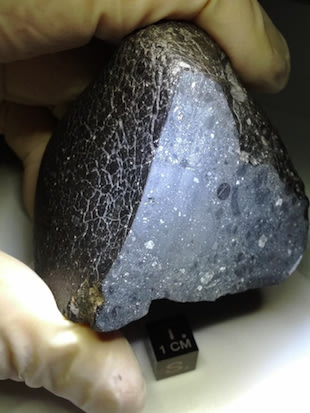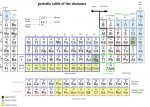Typical arguments from all. Here's a question that none of you can answer. What has NASA discovered while galavanting about space that has positively impacted the human race? I don't want to hear about the offspring of their work to get to space, I don't want to hear about the products they have produced. These are all things, IMO, that could have been discovered and marketed without the actual trip to space occuring and without a NASA existing to begin with. NASA, at this point, should be relegated to satellite tracking as its sole purpose. That is a relevant program that they manage and should manage. Trips to Mars do nothing for us here. NASA is a nice to have program that should be cut (minus satellite management) until we can get our fiscal house in order. The fact of the matter is that all we have gained from the actual space trips conducted is some "ooo ahh" pictures and that's about it. This isn't the first time I've posted this and most of you were a part of that discussion as well.
All of you can throw around the anti-science tag all you want and it won't stick. You won't find any proof of me saying anything against science. You can keep your bigotted and discriminatory opinion of "well, his username says Tea Partier so he must be anti science". I am
anti-waste. The military, as it is currently spending, is a waste. But I would offer that it is much more useful than researching Mars. Most foreign aid is a waste. But I would offer that it is much more useful than researching Mars. Medicare/aid are not solvent programs. They are definitely more useful that researching Mars. Mars doesn't matter to people who see a 16 tril debt crushing our economy, among other things. Mars doesn't matter to people driving down rutted up, pothole covered interstates. Mars doesn't matter to people that are having their taxes raised to pay for "Obamacare" as it's called. These are all things that the $17.8 billion they received last year could've helped out with.
House-Senate agreement would give NASA $17.8 billion in 2012 « Space Politics





